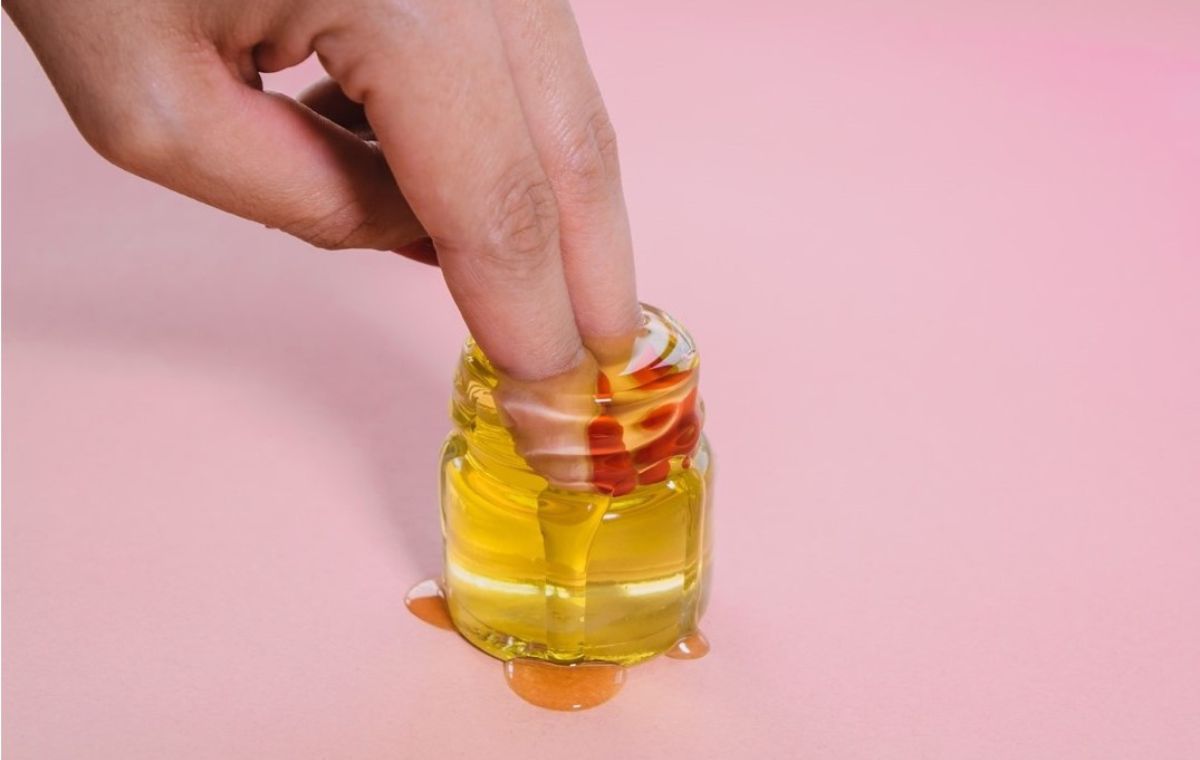Tell us about Turned On: Science, Sex & Robots and how did you get to writing it?

I have a background in archaeology, human-computer interaction and artificial intelligence and I was intrigued by the way developers have often tried to emulate humans when it comes to designing robots and cognitive systems.
One of the most human things we can do is have sex, so I was fascinated at how that might fit into our engineering visions. It raises so many interesting questions. The book charts the development of sextech from prehistory to the present day. It dives into how and why we build AI and robots and what that means when we start getting intimate with them.
There have been hundreds of sensationalist headlines about sex robots. I try to show the stories behind those and explain why, in many cases, they’re completely wrong.

What did you want to be when you were younger?
I wanted to be an archaeologist or a writer. I did become an archaeologist but there was no future in it, if you’ll pardon the pun.
Specialism was the best route, so I specialised in computers and archaeology, and then became a computer scientist. And then a writer! I hadn’t anticipated the sex part. That’s the icing on the cake.
What was your sex education like growing up?
Ha! I grew up in culturally conservative and religious Northern Ireland in the 80s. Sex was frowned upon in case it led to dancing, as the joke goes.
I eventually garnered the facts pretty well but there was no context: we weren’t taught about consent, or pleasure, or sexuality.
I hope it has changed these days but given that N. Ireland is the one country in the UK where women still can’t access abortion, I don’t have much hope of there being progressive sex education in schools.
What is your vision for the future of your career?
Writing the book gave me a chance to look closely at the development of sextech and also of human-machine relationships. I’d love to work more on both those areas.
We are living in an exciting time where computer systems and robots are an inescapable part of our lives, but I believe they can be used to enhance rather than replace our own relationships with each other.
What are the key trends you’re seeing at the moment that influence your work?
I’ve watched the race to bring the first sex robot to market and that has influenced my work by making me more inclined to push for non-human-like sex robots.
The current form of sex robots are reductive stereotypes of the female body, with the potential to objectify women. I think we can do much better than that. I envisage abstracted, sensuous forms: perhaps immersive, or tactile and amorphous.
Setting up the Sextech Hackathon in 2016 (and again in 2017) was a great way of exploring that.
When it comes to sex, what’s the one thing you wish everyone knew?
Sex doesn’t need to be prescriptive. It doesn’t have to involve a penis in a vagina and an orgasm. Whether it’s on your own, with another person or with the whole damn room, it’s about feeling pleasure, whatever form your pleasure takes. As long as everyone involved is happy and having fun, go for it.
What’s the biggest surprise you’ve had since starting to work in sextech?
I think it’s the myth that the vibrator was invented to give women orgasms to cure them of hysteria. There’s little to no evidence of that, despite widespread belief. Hallie Lieberman’s book Buzz has been a fascinating read on the topic.

Who else in the industry do you admire or look up to?
Pretty much everyone. It’s such a great industry. Kyle Machulis is one of the most awesome people out there – he’s been in sextech from the start and now runs buttoplug.io, an open source platform for teledildonics.
Also Trudy Barber, the Queen of Cybersex, who has been carrying out research into the area since the first wave of VR. And all the startups in sextech who pursue their passions – I think you’re all amazing.
What wider changes do you think sextech can have or is having on society?
To me, the benefit of sextech is about the creation of products that can bring pleasure to anyone in a customisable, accessible form.
I see it as a way of enhancing lives, whether used alone or with a partner or partners. We’re not going to be replacing our partners with sex robots any time soon, if at all. But what we can do is mediate and augment our own relationships with technology that promotes intimacy.

















